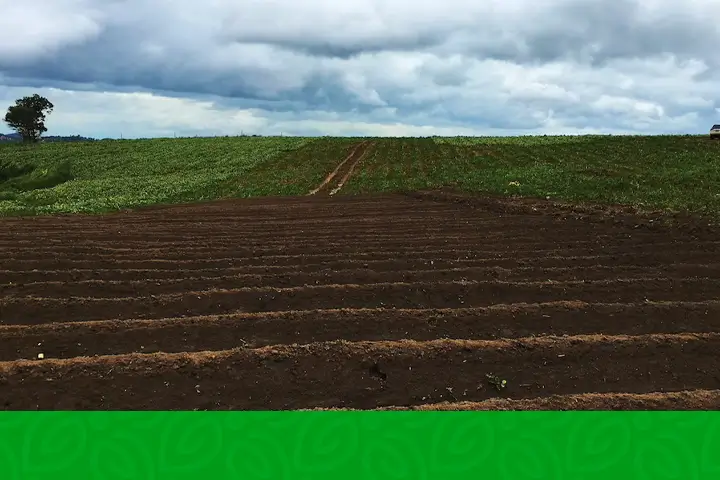
In the heart of Togo’s countryside, where red earth meets endless fields of maize and yam, a silent crisis is unfolding. According to the first phase of the 5th National Agricultural Census (RNA-5), 78 percent of the country’s 677,692 farming households lack any form of land security. Without clear rights to their own plots, these families face daily uncertainty and struggle to invest in the land that sustains them.
A Fragile Foundation for Rural Livelihoods
Across Togo’s 35 prefectures, from Lakes to Agoé-Nyivé, smallholder farmers share the same peril. Most cultivate two hectares or less, with 57 percent eking out a living on tiny plots. Only 6.24 percent of households can afford a tractor. Instead, 33 percent rely on animal traction and just 4 percent use any form of irrigation, mostly manual systems that depend on rainy seasons.
“Without secure land titles, farmers cannot plan for the future,” says census coordinator Atsu Kodjo. “They are trapped in a cycle where every season could be their last.”
These figures, reported by the Togolese Press Agency (ATOP), reveal the stark reality of an agricultural sector in urgent need of modernization. Without land security, investment in mechanization, improved seeds, or irrigation remains a gamble too risky for families living on the edge.
Why Land Security Matters
Land security is more than a legal formality. It empowers farmers to:
- Access Credit
Banks and microfinance institutions require proof of land ownership before issuing loans for equipment or inputs. Without titles, farmers miss out on vital capital. - Adopt Modern Techniques
Secure tenure encourages long-term improvements such as drip irrigation, soil conservation measures, and agroforestry. - Strengthen Rural Economies
Land titles boost confidence, leading to higher productivity, better yields, and more robust local markets.
In Togo, where 85 percent of farming households live in rural areas, the absence of secure land tenure deepens poverty and limits national food security.
Mechanization and Irrigation: The Road to Resilience
Experts agree that reforming land tenure must go hand in hand with efforts to mechanize and irrigate. With only a fraction of farms using tractors or pumps, productivity remains low. By contrast, countries that combine clear land rights with modern tools see significant crop improvements and climate resilience.
“Improving land security is the first step,” explains agricultural policy analyst Mireille Adjo. “The second is to provide affordable machinery and irrigation. Together, they transform subsistence plots into thriving farms.”
Livestock and Value Chains
The census also sheds light on Togo’s livestock sector. Poultry leads the way at 50 percent of animal holdings, followed by goats at 21 percent and cattle at just 7 percent. As the RNA-5 moves into its second phase on April 7, data on livestock, fishing, and arboriculture will inform targeted investments and strengthen rural value chains.
A Strategic Tool for Roadmap 2025
Togo’s government views the agricultural census as a cornerstone of its Roadmap 2025. Reliable data is critical for shaping policies on food security, gender equality, and climate resilience. By combining land tenure reform with mechanization programs and irrigation projects, Togo aims to lift hundreds of thousands of families out of uncertainty.
Call to Action
The RNA-5 preliminary results sound an alarm that cannot be ignored. To protect the livelihoods of millions, Togo must accelerate land registration drives, subsidize farm equipment, and expand irrigation networks. Only then can its farmers move from vulnerability to vitality, ensuring that the country’s fields of opportunity bloom for generations to come.
This article was initially published in French by Ayi Renaud Dossavi
Edited in English by Ange Jason Quenum
Stay updated with the latest farming tips and agriculture industry news from Africa by subscribing to our newsletter. Don’t miss out on valuable insights and updates. Follow us on Twitter, LinkedIn, and Facebook to join our farming community and stay connected with us.


















